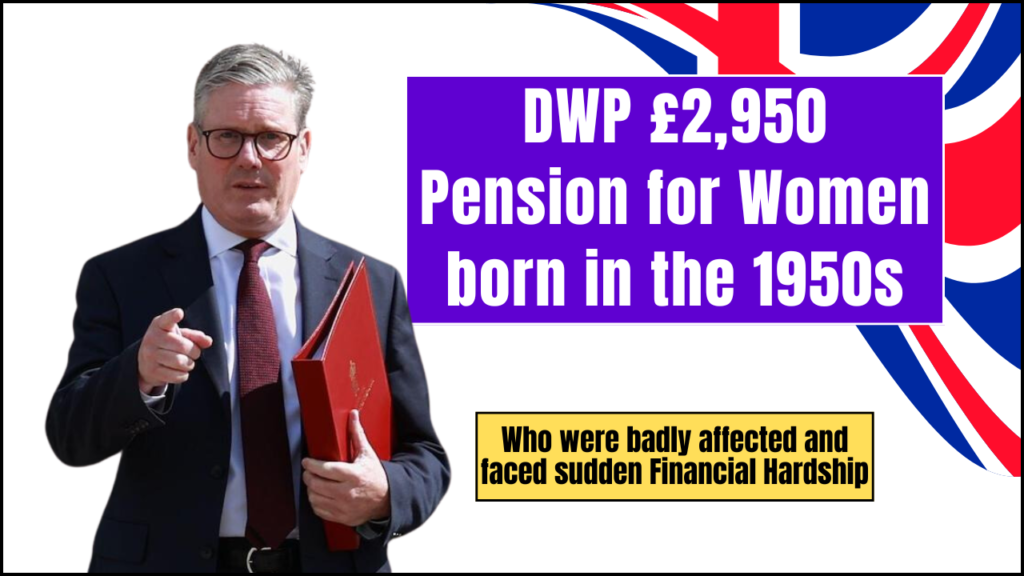
The Women Against State Pension Inequality (WASPI) campaign represents women born in the 1950s who were affected by changes to the UK state pension age. Originally, women could retire and receive their state pension at age 60, while men retired at 65. To create gender equality, the government increased women’s retirement age—first to 65, then to 66. However, many women claim they received inadequate or no notice about these changes, leaving them unprepared financially.
These women, now in their 60s and 70s, have been campaigning for compensation for the financial hardship and life disruptions they experienced. Recently, the Department for Work and Pensions (DWP) issued a statement just before a key deadline related to potential legal action by the campaign.
The WASPI Campaign’s Position
WASPI advocates argue that while equalizing pension ages was reasonable, the implementation was deeply flawed. Many women had already made irreversible life decisions based on retiring at 60—some had left jobs, declined promotions, or taken on caregiving responsibilities. Without proper notice, they couldn’t adjust their financial planning.
The Parliamentary and Health Service Ombudsman (PHSO) investigated and found “maladministration” by the DWP in communicating these changes. The Ombudsman recommended compensation of up to £2,950 per affected woman.
Angela Madden, chairwoman of WASPI, has been vocal about the government’s response, stating: “The government accepted there was maladministration, but now says no injustice was caused. This is not just unfair—it’s legally wrong.”
The Government’s Response
The DWP has acknowledged communication problems but maintains several counterarguments:
- By 2006, approximately 90% of women born in the 1950s were already aware of the change
- The estimated £10.5 billion compensation cost is “too expensive” and “not fair to taxpayers”
- While there was a 28-month delay in notifying women, the DWP argues this did not cause serious harm
The government has apologized for the communication delay but refuses to pay the recommended compensation.
Current Developments
In March 2025, Parliament debated a petition on this issue. The WASPI campaign has escalated its efforts by:
- Sending a “letter before action” to the DWP, warning of High Court proceedings
- Launching a £75,000 fundraising campaign through CrowdJustice to support legal action
- Setting a 14-day deadline for the DWP to respond (which has now passed)
The campaign accuses the government of “gaslighting” the affected women by minimizing their experiences and financial struggles.
Comparing Perspectives
| WASPI Campaign Position | Government Position |
|---|---|
| Changes weren’t properly communicated | 90% of women knew about changes by 2006 |
| Women suffered significant financial hardship | The delay didn’t cause serious harm |
| Compensation of up to £2,950 is justified | £10.5 billion total cost is excessive |
| Legal action is necessary for justice | Compensation would burden taxpayers |
| The PHSO findings support their case | Only 1 in 4 women recall receiving official letters |
About the WASPI Organization
Women Against State Pension Inequality began as a grassroots movement in 2015 and has grown into a significant campaign with substantial public support. The organization doesn’t oppose pension age equalization itself but focuses on the unfair implementation and lack of notice. WASPI has local groups across the UK and has gained cross-party political support over the years. Their campaign has brought attention to broader issues of pension equity, government communication responsibilities, and how policy changes affect vulnerable populations.
Looking Forward
The issue seems headed for the High Court if the DWP maintains its position against compensation. The outcome could affect approximately 3.8 million women born in the 1950s and may establish important precedents about government accountability when implementing major policy changes.
This case highlights tensions between fiscal responsibility and fairness to individuals affected by policy shifts. It also raises questions about what constitutes adequate notice for changes that significantly impact people’s life planning and financial security.